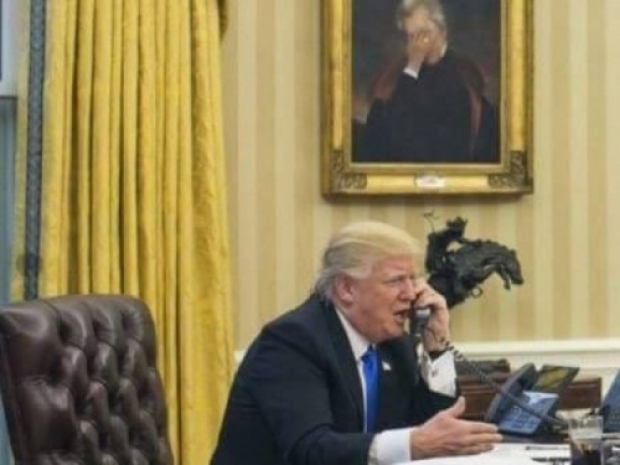In a proclamation signed with much fanfare in the Oval Office, Trump has introduced a new $100,000 annual fee for H-1B visa applications. The scheme is supposedly about “hiring Americans” although quite why Big Tech would pay extra for US workers is a mystery.
“We’re having people come in, people that in many cases are very successful or whatever, as opposed to walking over the borders,” Trump said, while glossing over the fact that the H-1B system is already tightly regulated and oversubscribed.
The change targets the only real legal pathway US tech companies have to bring in highly skilled foreign workers in fields like software engineering and AI. These firms already pay thousands in application and legal fees per visa. Now, with a $100,000 price tag just to get in the queue, many of them won’t bother.
Howard Lutnick, commerce secretary and cheerleader for the scheme, insisted it would “make sure corporations hire Americans” and only let in “top, top people.” He did not say how smaller firms are meant to compete when they cannot afford the new fees or find enough US talent to fill specialised roles.
To sweeten the pot for the ultra-rich, Trump also unveiled a “gold card” visa. For $1 million to the Treasury, or $2 million if a company sponsors you, you get fast-tracked residency, plus a $15,000 vetting fee for good measure.
This new gold card effectively guts existing employment-based green card categories, slicing the annual cap from 140,000 to 80,000. So not only will fewer people get in, but only those who can pay up will stand a chance.
And if you’ve got $5 million to burn, the administration is considering a “platinum card” which would let you live in the US for up to 270 days a year and avoid tax on foreign income. That one still needs congressional approval, which might be a stretch.
Adam Kovacevich from tech group Chamber of Progress said the fee hike would strangle smaller firms and hobble US ambitions in emerging tech. “I strongly suspect the administration is going to realise in the coming days and weeks that this policy clashes with his stated goal of winning the AI race,” he said.
The H-1B system, created in 1990, has always been a pressure valve for skilled labour shortages. The cap is currently 85,000 new visas a year, with demand far exceeding supply. More than 700,000 people already live in the US on H-1Bs, many waiting over a decade for green cards stuck in endless backlogs.
Trump’s move turns that system into a luxury auction, pricing out all but the wealthiest firms and applicants. It is a vision of immigration policy where skill matters less than a swollen bank account.

